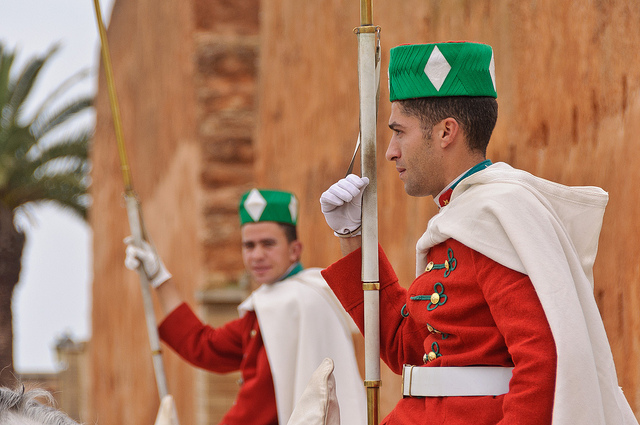
One year ago, on July 1st 2011, Moroccans went to the polls to vote on a constitutional reform proposed by their ruler, King Mohammed VI. Although not making headlines as often as its neighbors who also experienced uprisings, Morocco has undoubtedly entered a transitional period, albeit one that is influenced by its monarchical system of government. It appears that the consequences of the Arab Spring differ depending on the forms of government and political systems in place. While protesters have toppled governments in republics like Egypt, Tunisia, and Yemen, the Arab monarchies such as Morocco, Bahrain, and Saudi Arabia have remained intact. And as other monarchies contemplate what sort of reforms to undertake – as in Jordan and Kuwait, for example – Morocco has already embarked on democratic processes.
